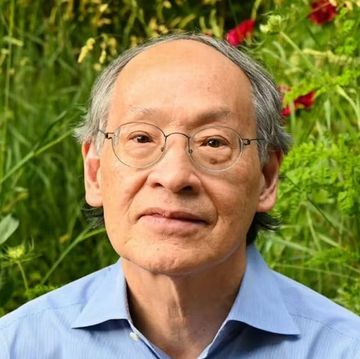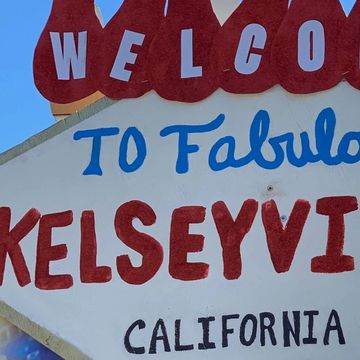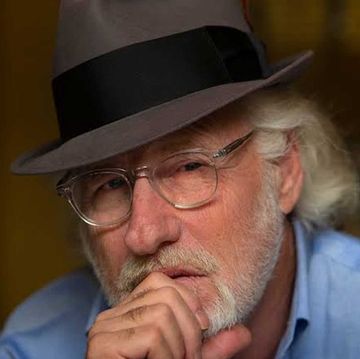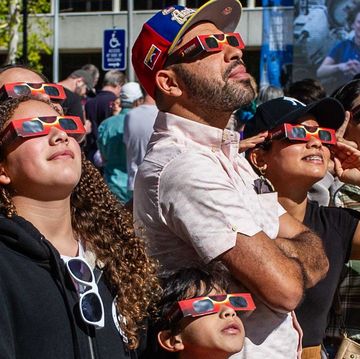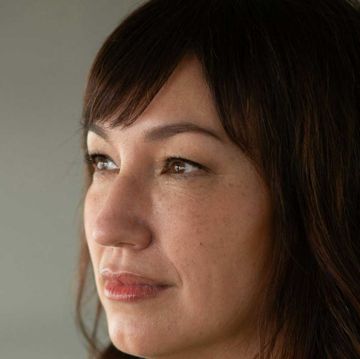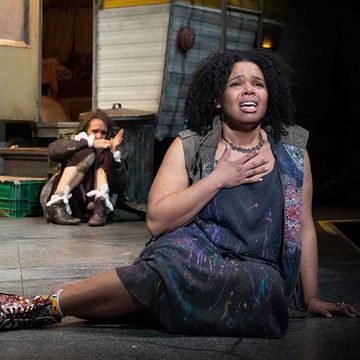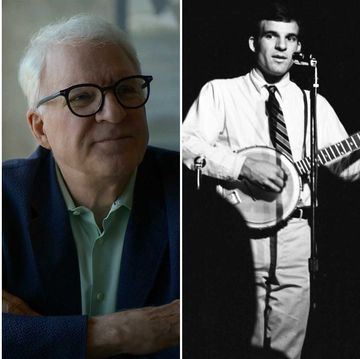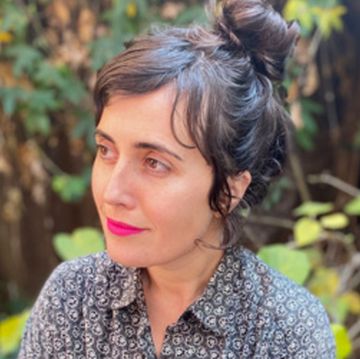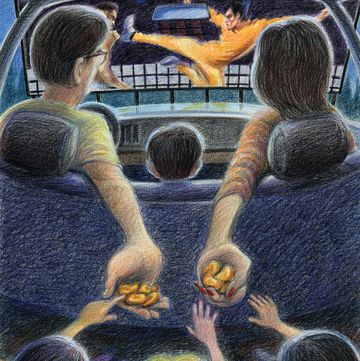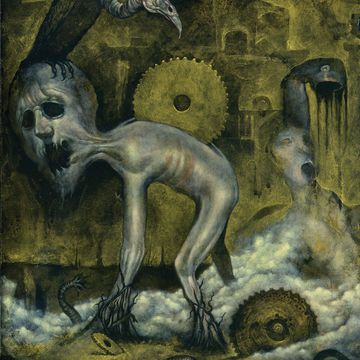At 92, John Rechy is a living Los Angeles literary institution. When I spoke to him in June, he was just about finished with his 18th book, Beautiful People at the End of the Line, which he describes as a dark satire. His legacy—and infamy—stretches back to 1963, when his debut novel, City of Night, was published. A Beat-adjacent kaleidoscope of traveling around America, working as a street hustler (which Rechy himself did for many years), and dipping deep into the demimonde of the drag queens of the time, it is an essential and liberating book. A touchstone for everyone from James Baldwin (“He tells the truth, and tells it with such passion that we are forced to share in the life he conveys,” Baldwin wrote) to Jim Morrison, who name-checked it in the Doors’ song “L.A. Woman,” to Gus Van Sant, who cites it as inspiration for his 1991 film My Own Private Idaho, it continues to find readers 60 years on. In later volumes such as 1977’s nonfiction The Sexual Outlaw: A Documentary, Rechy both chronicles and examines his own life in pursuit of “numbers,” or the attainment of as many anonymous sex partners as possible. Still taboo all these years later, The Sexual Outlaw is a truly revolutionary look at a lifestyle that few writers have dared cover so openly. Even when his subject matter is racy, Rechy writes in rich, elegant language.
He resists labels, rejecting being called a “gay” or “Chicano” writer. Yet one designation I feel comfortable attaching to Rechy is that of a Los Angeles writer. Alongside Raymond Chandler, Joan Didion, Eve Babitz, Mike Davis, and Walter Mosley, Rechy belongs in the pantheon of authors whose work has made Los Angeles more glittering, sinister, glamorous, and gritty than it is in real life. This interview has been edited for brevity and clarity.
This article appears in Issue 25 of Alta Journal.
SUBSCRIBE
I’ve heard that something about Los Angeles that appeals to you is the idea of narcissism.
I’m a champion of narcissism. I think right now the word has gotten a dreadful meaning that really should not be there. The origin of narcissism has a lot of sensitivity to it. It has a lot of actual glamour, and it has a lot of beauty. It’s really quite lyrical. The narcissism I’m talking about is the type seen in glamorous beings such as Djuna Barnes. In film, of course, you have Rudolph Valentino. Their self-love makes them objects of beauty and intellect. And I’m not talking only about physical beauty. I’m talking about the whole array of what makes somebody beautiful.
Is there an intellectualism at play in L.A.?
I often think that New York has a sort of intellectual penis envy of Los Angeles because L.A. is this grand metropolis that celebrates the arts. We have gorgeous museums, but we also have beaches, and we have people very devoted to physicality and very devoted to intellectualism. There’s also this about Los Angeles: it’s the final frontier geographically. It’s where the sun sets, and I think that has a mythical side to it, like it’s where all the energies gather, and the old day ends and the new one begins.
Do you find any similarities between being a hustler and being a writer?
Well, I retired from one of those professions, and I hope I’m thriving in the other. Actually, you could take hustling as a metaphor for just about anything you want. I didn’t romanticize it, not at all, because there are some very ugly things involved, but the attraction to street hustling was, to me, its honesty. There is an honesty in the exchange, and I think the hustling that goes on with banks and the government is what’s really rotten. I would take street hustling over banking anytime.
One of my favorite books of yours is The Sexual Outlaw. If that was written today, how would it be different?
I think places change, but activities don’t. Much of what I was writing about still goes on. I’m not on the front lines anymore, but I always thought that there was something heroic about public sex.
And how do you feel about monogamy?
I find that demanded monogamy is against nature. In the heterosexual context, more good relationships have been destroyed by it than by so-called infidelity. I believe these rancid attitudes do harm.
As a gay man, are you politically engaged today?
Right now, what angers me more than anything else that’s happening on the gay front lines is the word “queer.” It is an odious word. It works against us. It makes me sick to read a newspaper where that word is used. I think it gives heterosexuals a secret thrill to be able to say “queer” and not get a smack.
What’s a better word?
Well, I love the word “lesbian,” and I wish they would keep it, for god’s sake. It’s so classic and terrific. But I wish gay men had called themselves “spartans.” I mean, Tommy Trojan, the mascot of the USC [Trojans], is clearly gay. That toga is right out of International Male, and he is not going to war. He’s going to make a conquest.
Do you feel hemmed in by identity politics?
What upsets me about my own position in the literary world is I don’t want to be a “gay” writer. I don’t want to be a “Chicano” writer. I am Chicano, and I am gay, but I don’t like those things attached to my name. It limits the horizon of literature and art. Some terrific art is coming from younger people, and it’s being shoved into an identity that puts them back in the closet.•
Jesse Pearson is a writer and editor living in Los Angeles. He is the host of the literary podcast Apology.



